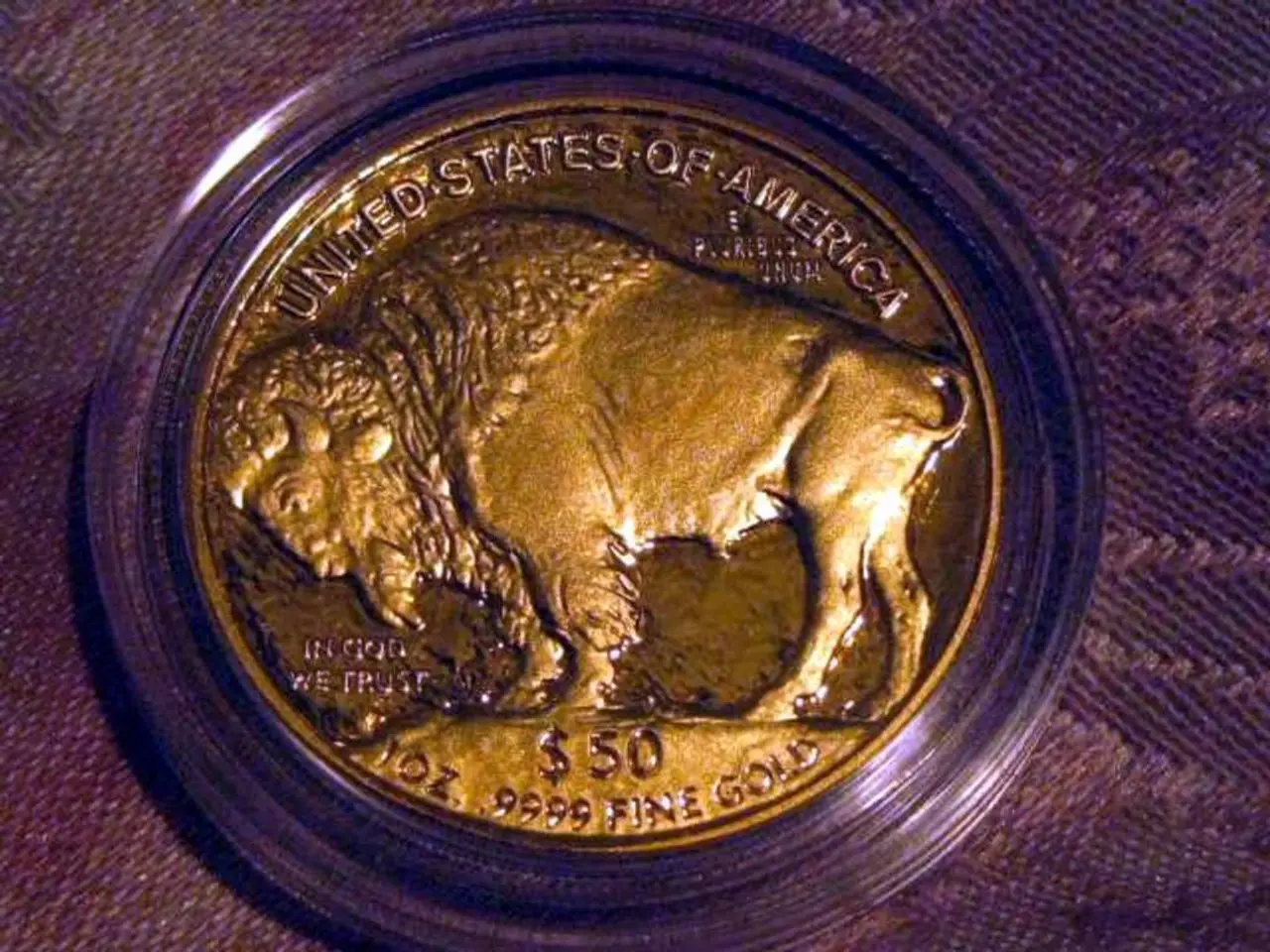Lululemon pushbacks against accusations of greenwashing practices
A Florida resident recently slammed Lululemon in a lawsuit, alleging the brand deceives consumers through a "massive, global 'greenwashing' campaign." The lawsuit, filed by Amandeep Gyani, seeks a class action jury trial.
"We acknowledge the recent lawsuit and trust that our public statements align accurately with our impact goals and commitments," a Lululemon representative stated via email.
Gyani's claims principally focus on Lululemon's "Be Planet" initiative, asserting it is a marketing scam that falsely portrays the brand as environmentally friendly. The campaign overlooks guidelines set by the Federal Trade Commission's Green Guides, Gyani argues.
The clothing industry, including Lululemon, is accused of contributing significantly to the environmental crisis. As a major brand, Lululemon has a provocative impact on the environment, spokespersons say.
Controversially, Lululemon is charged with using polyester and other non-biodegradable materials, despite their claims for sustainability. Gyani refutes the idea that recycled polyester and nylon offer genuine sustainability, instead claiming they are energy inefficient to manufacture, do not biodegrade, and still release microplastics.
The lawsuit references Lululemon's environmental impact reports. In the latest, from last year, the company admitted that the percentage of preferred materials used in its fabrics needs to increase, with the aim being to make 75% of its materials preferred.
Additionally, Lululemon's scope 3 greenhouse gas emissions have decreased by 7%, yet the brand admits this reduction goal requires acceleration.
"We have lowered greenhouse gas emissions in our owned and operated facilities, but recognize most of our climate impact comes from emissions in our broader supply chain," the Lululemon spokesperson explained. "We are taking direct action and are dedicated to working with industry partners to help mitigate supply chain impacts on climate change."
Yet, the spokesperson insists "Be Planet" is not a marketing campaign, but rather a foundation of the impact strategy, outlining the brand's sustainability vision, goals, and targets.
Despite the lawsuit's accusations, the FTC has yet to issue any formal findings of greenwashing against Lululemon. To win such a case, incoming evidence would need to demonstrate Lululemon's sustainability claims are unsubstantiated, deceptive, and misleading to consumers.
- The lawsuit against Lululemon alleges a widespread 'greenwashing' campaign, misleading consumers about the brand's environmental friendliness.
- Gyani's claims focus on Lululemon's "Be Planet" initiative, arguing it overshadows the Federal Trade Commission's Green Guides.
- The clothing industry, including Lululemon, is accused of having a substantial negative impact on the environment.
- Lululemon is charged with using non-biodegradable materials, contradicting claims of sustainability.
- Gyani maintains that recycled polyester and nylon do not offer genuine sustainability due to energy inefficiency, non-degradability, and microplastic release.
- Lululemon's latest environmental impact report admits that the percentage of preferred materials in its fabrics needs to increase to reach 75%.
- Lululemon has reduced scope 3 greenhouse gas emissions by 7%, but acknowledges the need for acceleration in meeting their goals.
- The company admits most of its climate impact comes from emissions in the broader supply chain, vowing to work with industry partners to address this.
- "Be Planet" is claimed to be the foundation of Lululemon's impact strategy, outlining its sustainability vision, goals, and targets.
- The FTC has not yet found any formal evidence of greenwashing against Lululemon, although incoming evidence would need to prove the sustainability claims are unsubstantiated, deceptive, and misleading.
- The class action jury trial seeks to address these allegations, challenging the authenticity of Lululemon's environmental commitments.
- The television news and financial markets alike closely watch the development of the lawsuit, with potential implications for the fashion industry's environmentalpolicy commitments.





